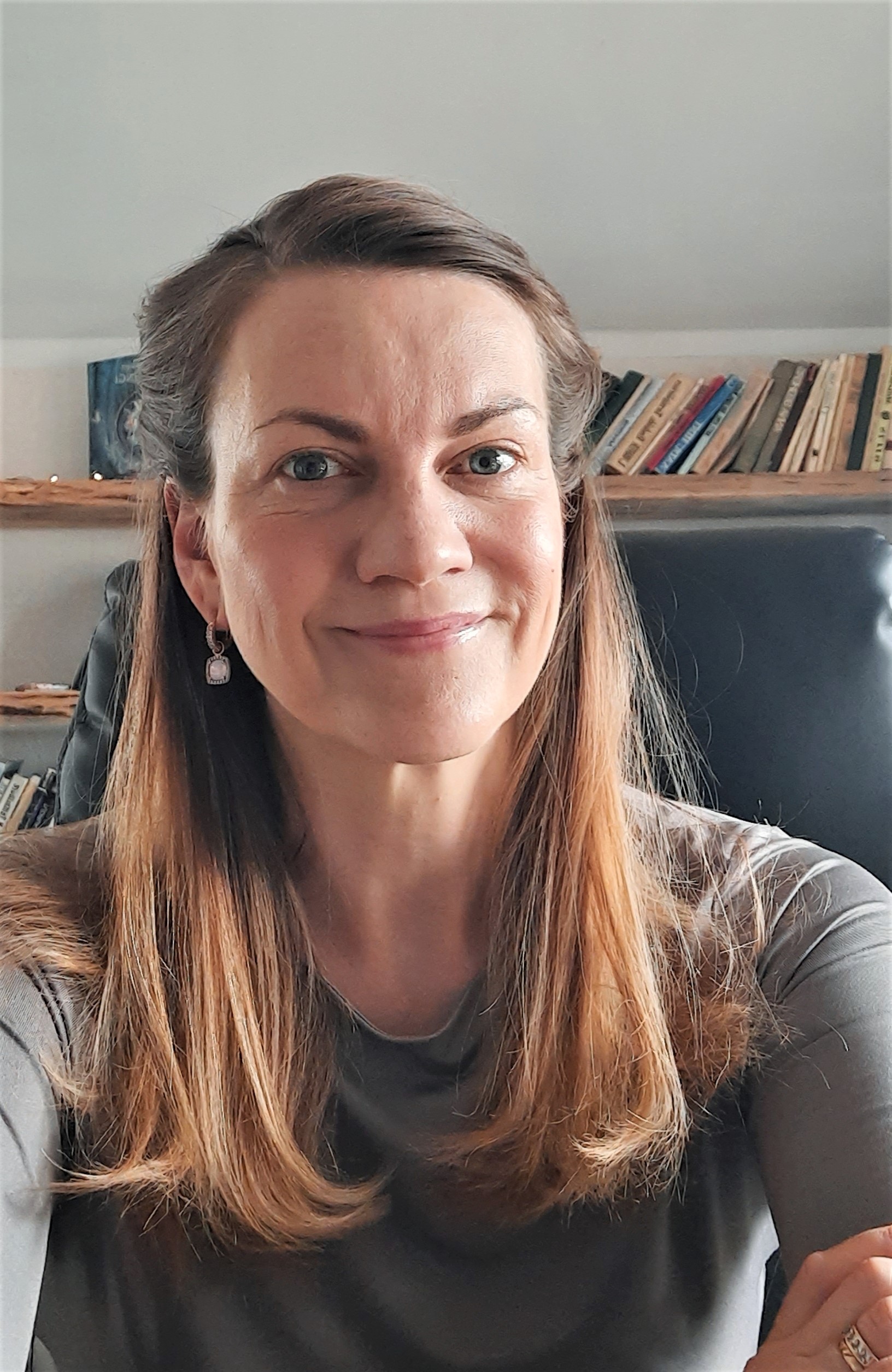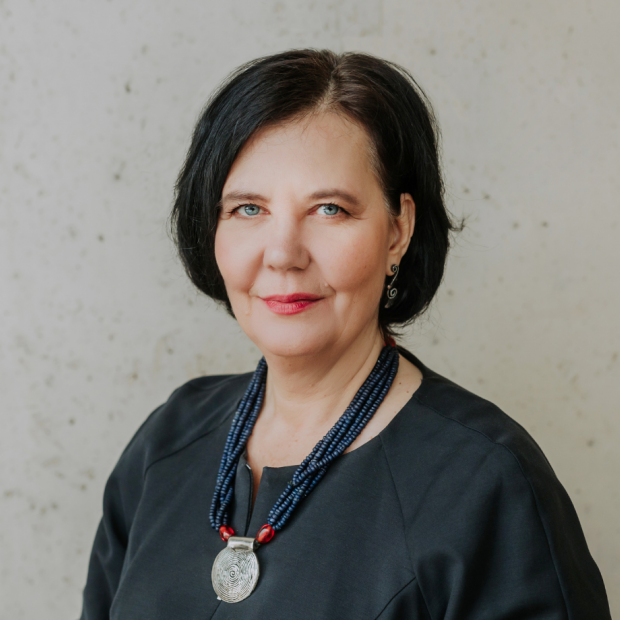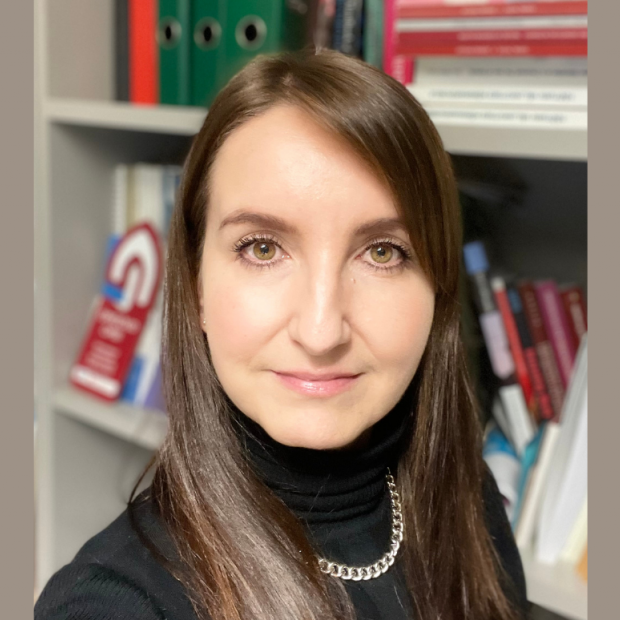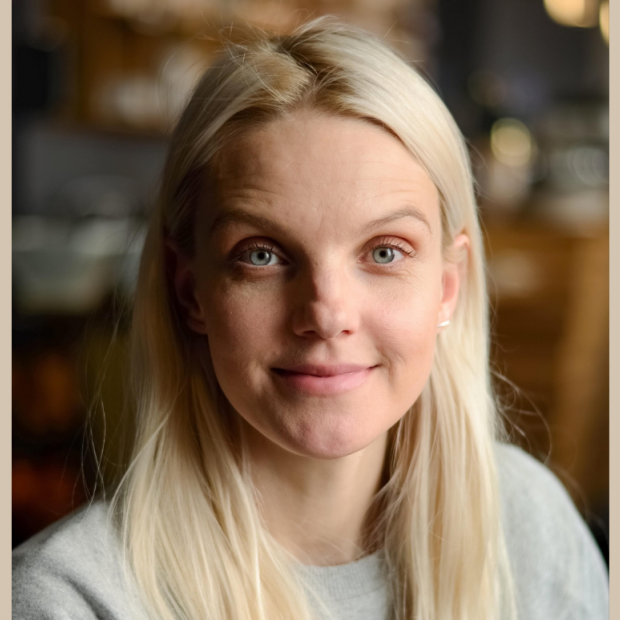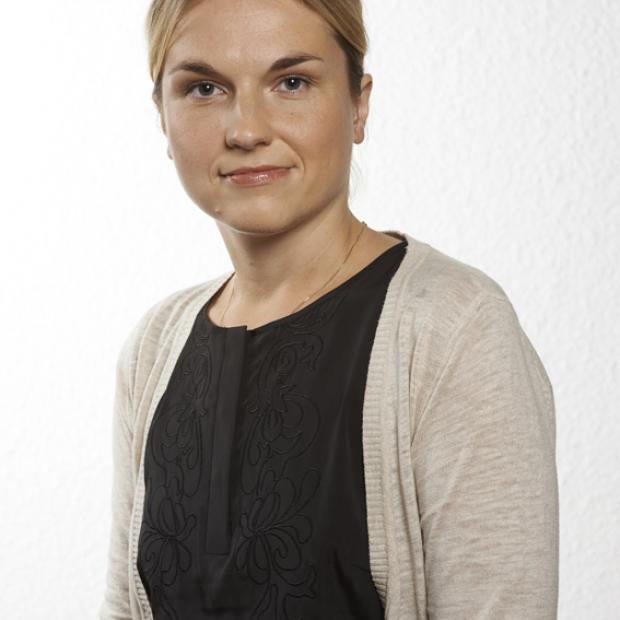Research shows that children separated from their families are not just victims in need of help, but also active agents
On 21 June 2021 at 12:00, Ingrid Sindi, a doctoral student at Tallinn University’s School of Governance, Law and Society, will defend her doctoral thesis Discursive Practices of Child Institutional Substitute Care. Experience from an Ethnographic Research in SOS Children’s Village Estonia (Laste institutsionaalse asendushoolduse diskursiivsed praktikad: etnograafial põhinev uuringukogemus SOS Eesti Lastekülas).

The well-being and development of children removed from their birth families has been an important problem for scientists, policymakers and practitioners who deal with child substitute care services. Following the internationally recognised framework of children’s rights and well-being (e.g. Lansdown, 1994) and the theories and conceptions of the new sociology of childhood, the doctoral research focused on researching the discursive practices in the SOS Children’s Village in Estonia that occur in the process of reforming substitute care.
“It must be pointed out that the SOS Children’s Village is a unique and interesting context for researching reorganizations and discursive practices,” Sindi adds. “It has long-term international experience with practical substitute care and a unique child welfare ideology, while also not having the institutional characteristics that are typical of Estonian substitute care (from the Soviet era).”
The research shows that as a result of the reorganizations, the SOS Children’s Village’s substitute care in Estonia is increasingly similar to foster families. While previously the SOS families lived as a separate community in the children’s village, the new SOS family homes are located in a regular residential area, among the neighbourhood families. These external changes are closely related to the implementation of new discourse: SOS family as a real family in a neighbourhood community, where loving care is at the centre of welfare. Sindi adds, “We might think it’s very good that child substitute care is based on the ideas of community, family and loving care. At the same time, the results of the research show that we have to be mindful of discourse. Discourse can sway the participants’ use of words and actions, including their treatment of children. The immediate participants of the discourse – SOS parents and children – may understand it differently. The loving care discourse is especially interesting and contradictory. While SOS parents talk about the importance of love in SOS families and caring for children’s needs, the word love didn’t occur once in children’s stories and this ideal – the SOS family as a real family in a community – doesn’t really exist in the children’s understanding. When children talked about their SOS family and SOS parents, they described them as adults who take care of them. They also talked about how family means continuous relationships in a person’s life and family relations don’t end when childhood ends.” So it could be said that taking care of the children is important to both SOS parents and children. However, children have their own experiences and views on their relationships and lives, which means we should work more on ensuring that children can tell their own stories and fill their life with information and meaning that is important to them. The doctoral research concludes that when ensuring a child’s well-being and development, the child is still protected and cared for in a way that views the child as passive. The idea of a child as an active participant currently still exists on paper (e.g. in the Child Protection Act). However, it is here that we must pay attention to the dominant discourses in practice. It is important to reflect on and work with the discourse: by reflecting on the dominant discourse and changing it when necessary, we can change the children’s situations.
In Estonia there is currently no clear and accepted conception of what kind of participation brings benefits or detriments to children separated from their families, or what should be understood as the children’s participation and the extent thereof. Children might not be responsible for the services and they might not always have the psychological readiness to make decisions concerning their lives. “Considering the children’s perspectives in this research, we can conclude that children have their own views, interests and understandings and they are ready to make choices and deal with biographical topics,” says Ingrid Sindi. “Therefore it’s important to respect and support the children’s own agency and treat them not only as children who are victims in need of help, but also as creators of meaning and active agents who are capable of acting for their own well-being and development. This is very important if we consider the biggest aim of substitute care to be raising a self-reliant and independent person.”
The public defence will take place on 21 June at 12:00 in Tallinn University, hall M648. The public can view the defence and ask the degree candidate questions on Zoom.
The supervisors of the doctoral thesis are Professor Karmen Toros from Tallinn University and Associate Professor Judit Strömpl from the University of Tartu. The opponents are Associate Professor Dagmar Kutsar from the University of Tartu and Professor Tarja Pösö from Tampere University.
The doctoral thesis is available in the ETERA digital environment of the Tallinn University Academic Library.
